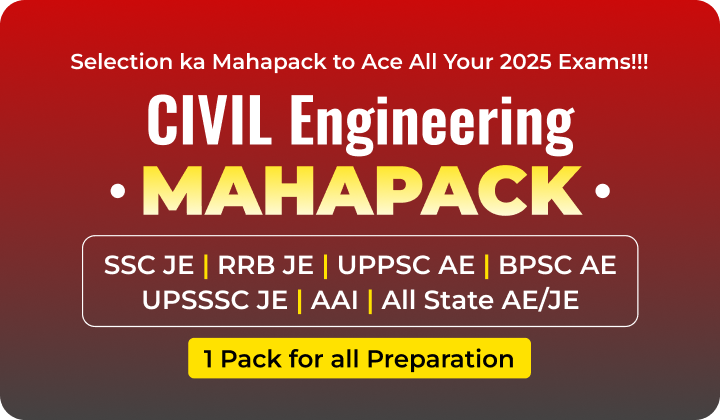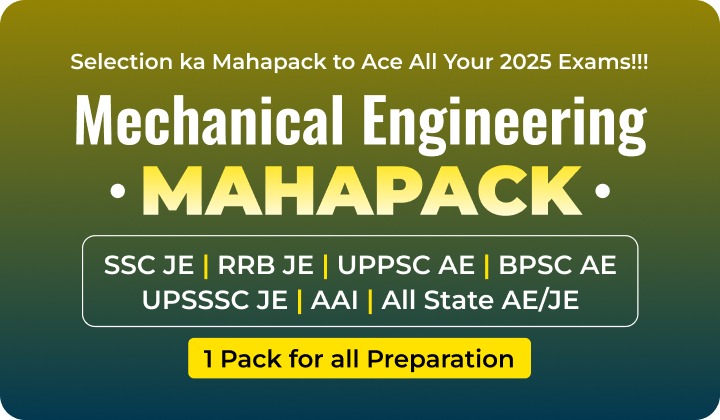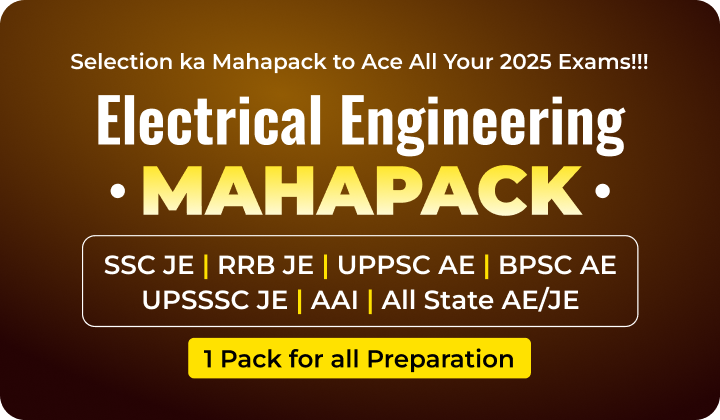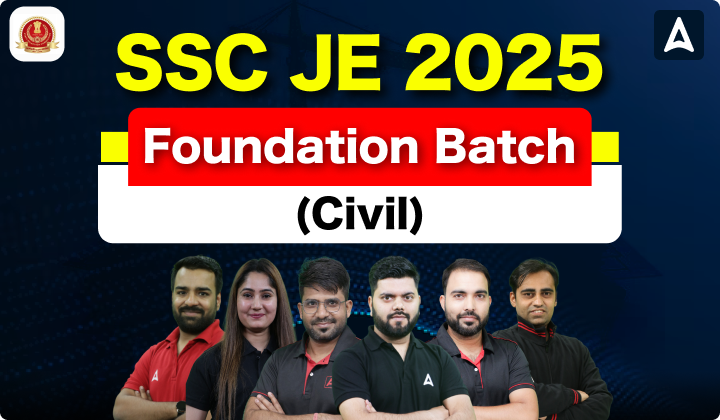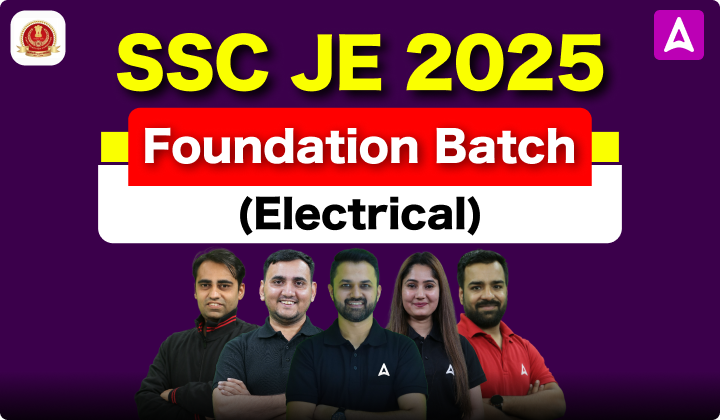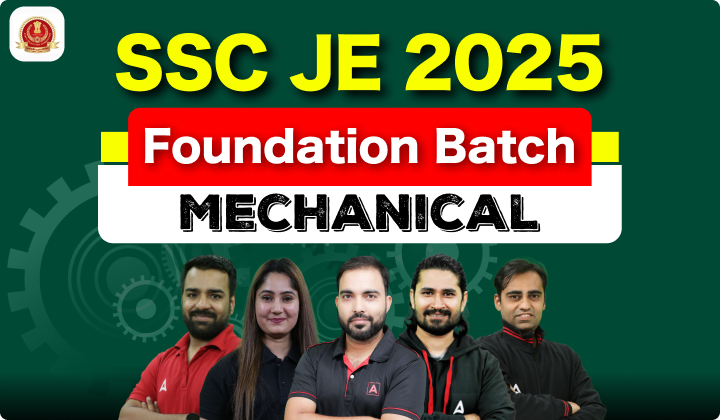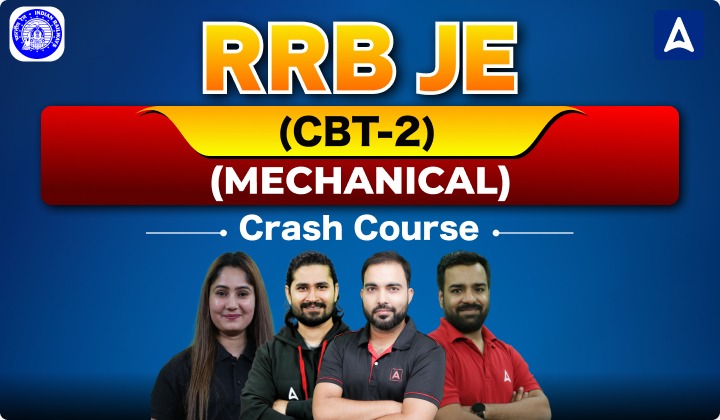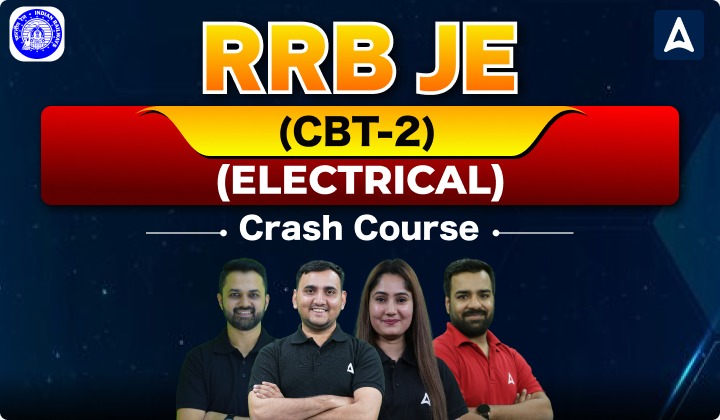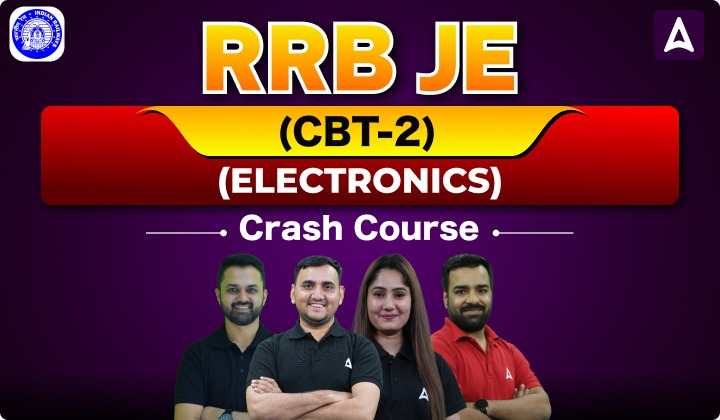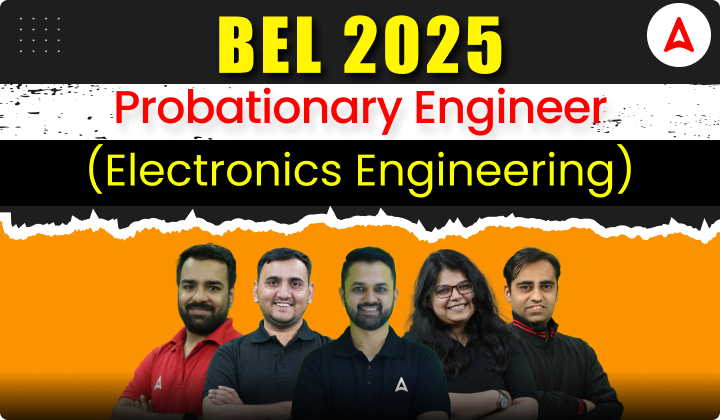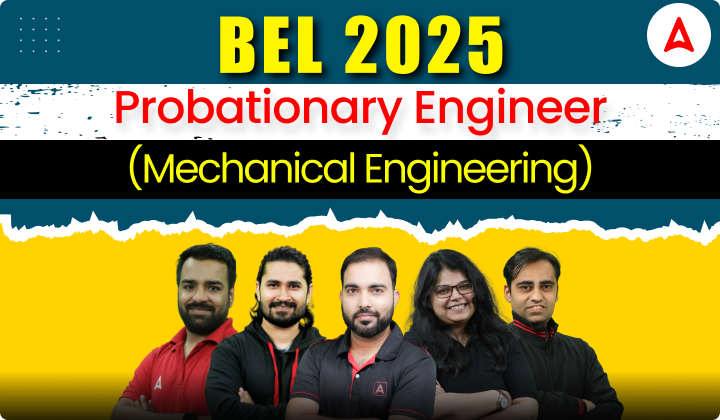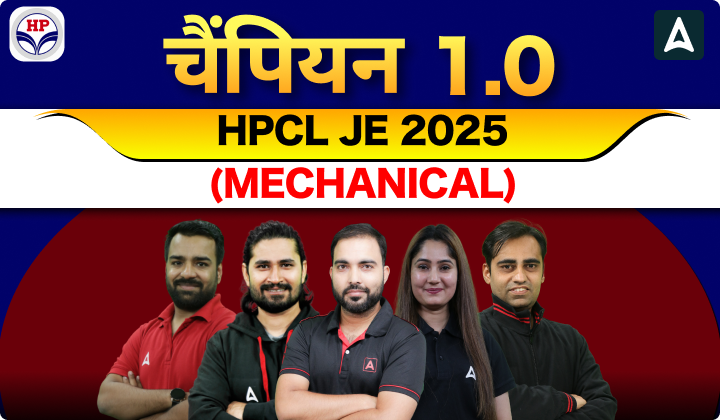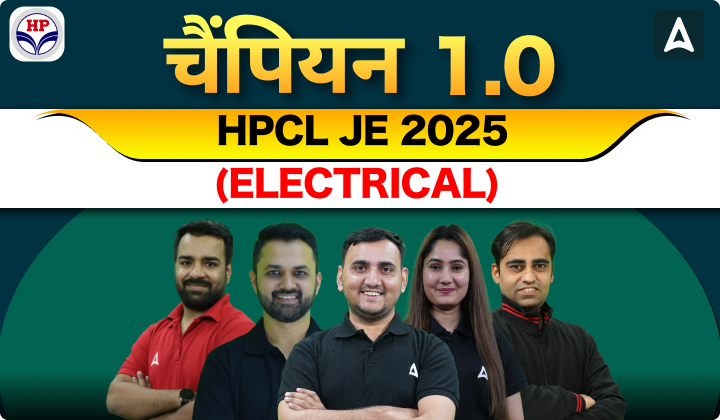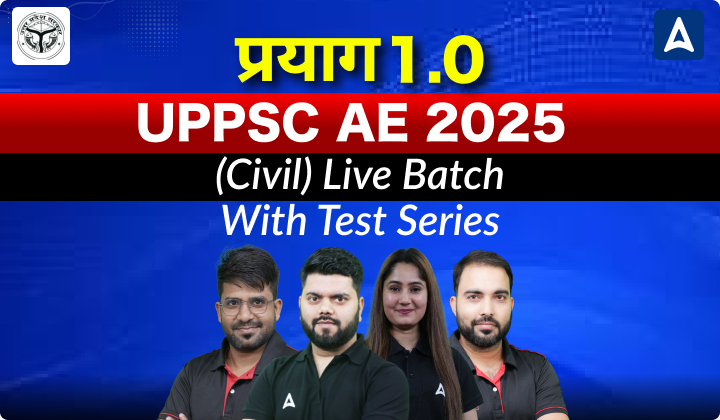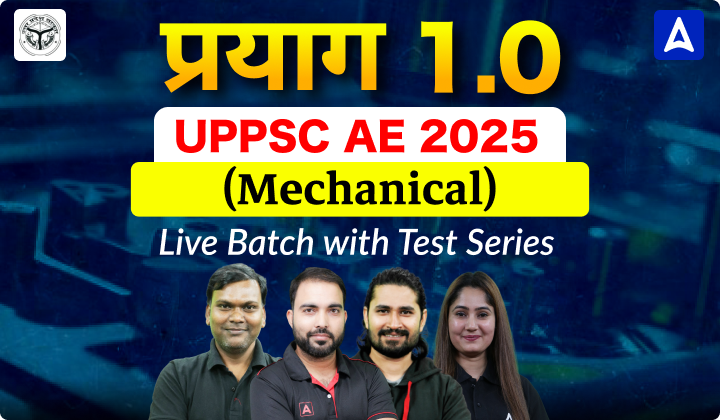Table of Contents
Hindustan Aeronautics Limited is going to conduct a written test to select various posts for its Operator and Technician in Hyderabad. Those who are interested in taking the HAL Exam 2024, should start preparing today by reviewing the detailed syllabus. Candidates who hold a Diploma/ITI in the relevant stream are eligible to take the exam. This recruitment drive is an excellent opportunity for individuals seeking a bright career with a prominent organization. To prepare effectively and secure your selection candidates must have a thorough understanding of the HAL Syllabus 2024. Aspirants can find the complete topic-wise HAL Syllabus 2024 here to help boost their exam preparation.
HAL Syllabus 2024-Overview
Candidates need to have a comprehensive understanding of the HAL Syllabus 2024 and exam pattern to familiarize themselves with the type and number of questions, the weightage of each question, the marking scheme, and other relevant details. The table below highlights the key information about the HAL Syllabus 2024.
| HAL Syllabus 2024 | |
| Name of Organization | Hindustan Aeronautics Limited |
| Name of Posts | Operator and Technician |
| Number of Vacancies | 57 |
| HAL Exam Date 2024 | 22 December 2024 |
| Selection Process | Written Test and Medial Examination |
| HAL Syllabus | Available Now |
| HAL Official Website | www.hal-india.co.in |
HAL Exam Pattern 2024
The exam pattern serves as a blueprint for the actual examination that applicants are preparing for. It provides essential insights into the structure of the exam. In this regard, the HAL Exam Pattern 2024 is outlined as follows:
- The HAL Exam will comprise a total of 160 questions, encompassing both technical and non-technical aspects.
- Each question in the exam carries 1 mark, resulting in a total examination score of 160 marks.
- The duration of the exam is set at 150 minutes.
- No negative marks in the HAL Exam.
In summary, the key details of the HAL Exam Pattern 2024 are summarized in the table below.
| HAL Exam Pattern 2024 | ||
| Subject Name | Marks | Questions |
| General Awareness | 20 | 20 |
| Reasoning and English | 40 | 40 |
| Discipline of Engineering | 100 | 100 |
| Total | 160 | 160 |
HAL Syllabus 2024 In Detail
The HAL Exam consists of three parts. Part 1 has 20 questions related to General Awareness, Part 2 has 40 questions on English & Reasoning, and Part 3 has 100 questions on specific subjects. Candidates are advised to review the topic-wise details for each section to prepare effectively. In this section, we have provided a detailed HAL Syllabus for the year 2024, which will help you in your preparation.
General Awareness
The General Awareness section comprises 20 multiple-choice questions from various topics to test the applicant’s general knowledge. The topic-wise details syllabus for the General Awareness section are given below.
- Computer Knowledge
- Government Schemes
- Environment
- Scientific Research and advancement
- Geography of India and the World
- Current Affairs
- Sports
- Polity and Economic Scene
- Arts and Culture
- History
- History, etc.
English
The English section comprises multiple-choice questions from various topics to test the applicant’s English. The topic-wise details syllabus for the English section is given below.
- Comprehension
- Grammar
- Subject-Verb Agreement
- Articles
- Verb
- Fill in the Blanks
- Vocabulary
- Tenses
- Adverb
- Error Correction
- Idioms & Phrases
- Synonyms
- Sentence Rearrangement
- Unseen Passages
- Antonyms
Reasoning
The Reasoning section comprises multiple-choice questions from various topics to test the applicant’s Reasoning. The topic-wise details syllabus for the Reasoning section are given below.
- Arithmetic Number Series/Letter and Symbol Series
- Spatial Orientation
- Observation
- Figures/Verbal Classification
- Relationship concepts
- Arithmetical Reasoning
- Non-verbal series
- Analogies
- Discrimination
- Visual Memory
- Similarities and Differences
- Spatial Visualization
- Coding and Decoding
- Statement and Conclusion
- Logical Deduction
- Statement and Argument
- Cause and Effect
- Making Judgments
Mechanical Engineering
The Mechanical Engineering section includes core technical subjects to evaluate the candidate’s technical knowledge. The section contains the following topics:
- Theory of Machines
- Machine Design
- Thermodynamics
- Heat and Mass Transfer
- Fluid Mechanics
- Strength of Materials
- Turbomachinery
- Automobile Engineering
- Production Processes
- Industrial Engineering
- Refrigeration and Air Conditioning
Electrical Engineering
The Electrical Engineering section includes core technical subjects to evaluate the candidate’s technical knowledge. The section contains the following topics:
- Basic Concepts
- Electrical and Electronics Measurements
- Control Systems
- Power Systems
- Network Theory
- Internet
- Signals and Systems
- Digital Electronics
- Computer Networking
- Optical Fiber
- Communication Engineering
Electronics & Communication Engineering
The Electronics & Communication Engineering section includes core technical subjects to evaluate the candidate’s technical knowledge. The section contains the following topics:
- Basic Electrical Engineering
- Analog and Digital Communication Systems
- Electro Magnetics
- Computer Organization and Architecture
- Materials Science
- Advanced Electronics Topics
- Advanced Communication
- Control Systems
- Engineering Mathematics
- Networks, Signals, and Systems
- Electronic Devices
- Analog Circuits
- Digital Circuits
- Control Systems
- Communications
- Electromagnetics
Instrumental Engineering
The Instrumental Engineering section includes core technical subjects to evaluate the candidate’s technical knowledge. The section contains the following topics:
- Control Systems
- Analog Electronics
- Signals & Systems
- Analytical, Optical & Bio-Medical Instrumentation
- Instrumentation
- Electronics Circuits
HAL 2024 Selection Process
The selection process for HAL 2024 involves:
- Written Test: Candidates will undergo an Online Selection Test where their knowledge and skills related to the relevant subjects and job requirements will be assessed.
- Medial Examination: Those who qualify for the Online Selection Test will proceed to the Medial Examination round.
The combination of these two stages aims to ensure a comprehensive assessment of candidates and select the most suitable individuals for the HAL Operator and Technician positions.
Importance of HAL Syllabus 2024
The HAL Syllabus 2024 is essential for individuals aspiring to join Hindustan Aeronautics Limited as an Operator and Technician. It provides a structured framework for candidates to prepare for the competitive selection process. Understanding the syllabus is crucial as it outlines the subjects and topics that will be assessed, ensuring focused and efficient study. Moreover, familiarity with the syllabus helps aspirants gauge the difficulty level and pattern of the examination. Ultimately, a thorough grasp of the HAL Syllabus 2024 can significantly enhance one’s chances of success in securing a career with one of India’s premier aeronautical organizations.


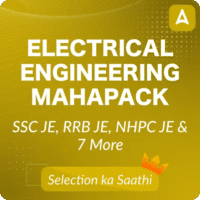

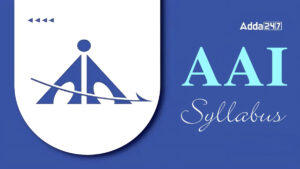 AAI ATC Syllabus & Exam Pattern 2025...
AAI ATC Syllabus & Exam Pattern 2025...
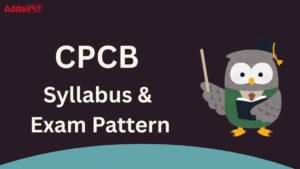 CPCB Syllabus With Exam Pattern 2025, Do...
CPCB Syllabus With Exam Pattern 2025, Do...
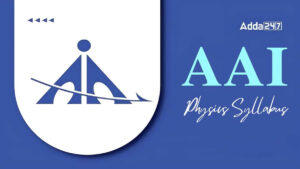 AAI JE ATC Physics Syllabus & Exam P...
AAI JE ATC Physics Syllabus & Exam P...

